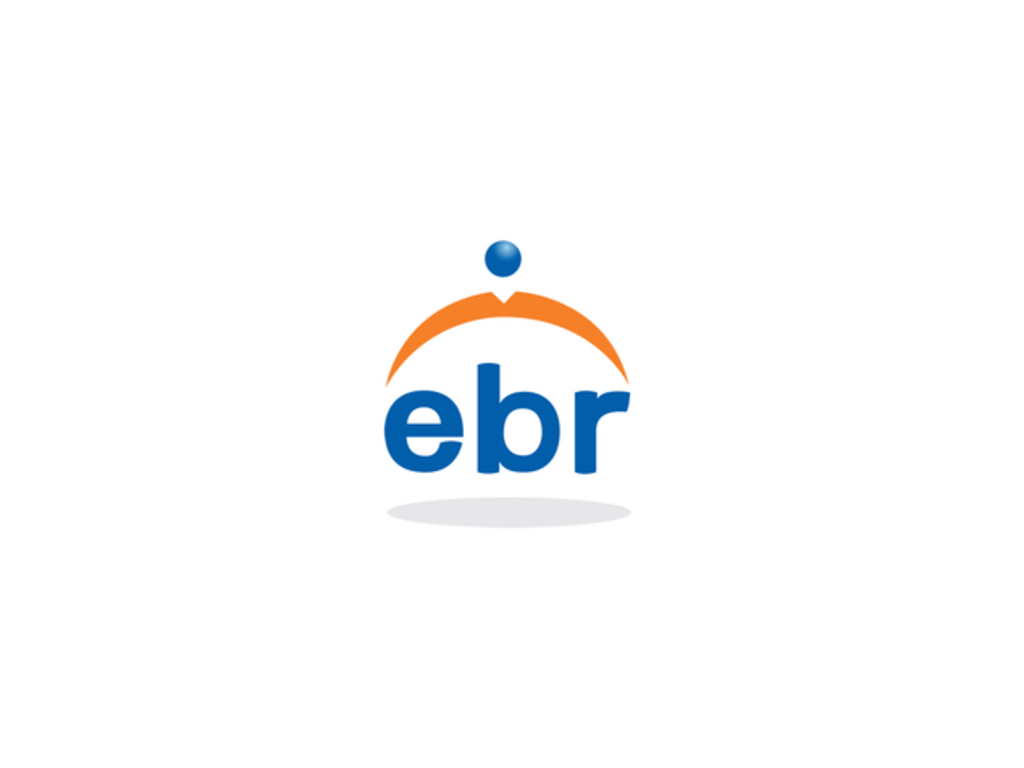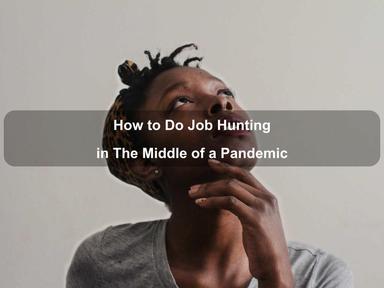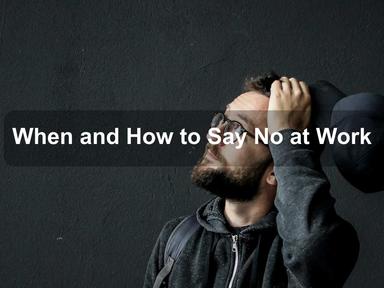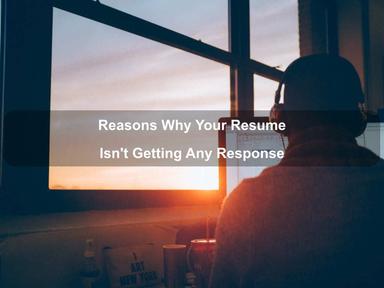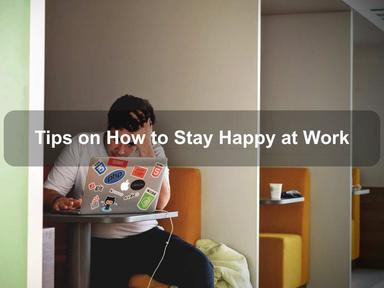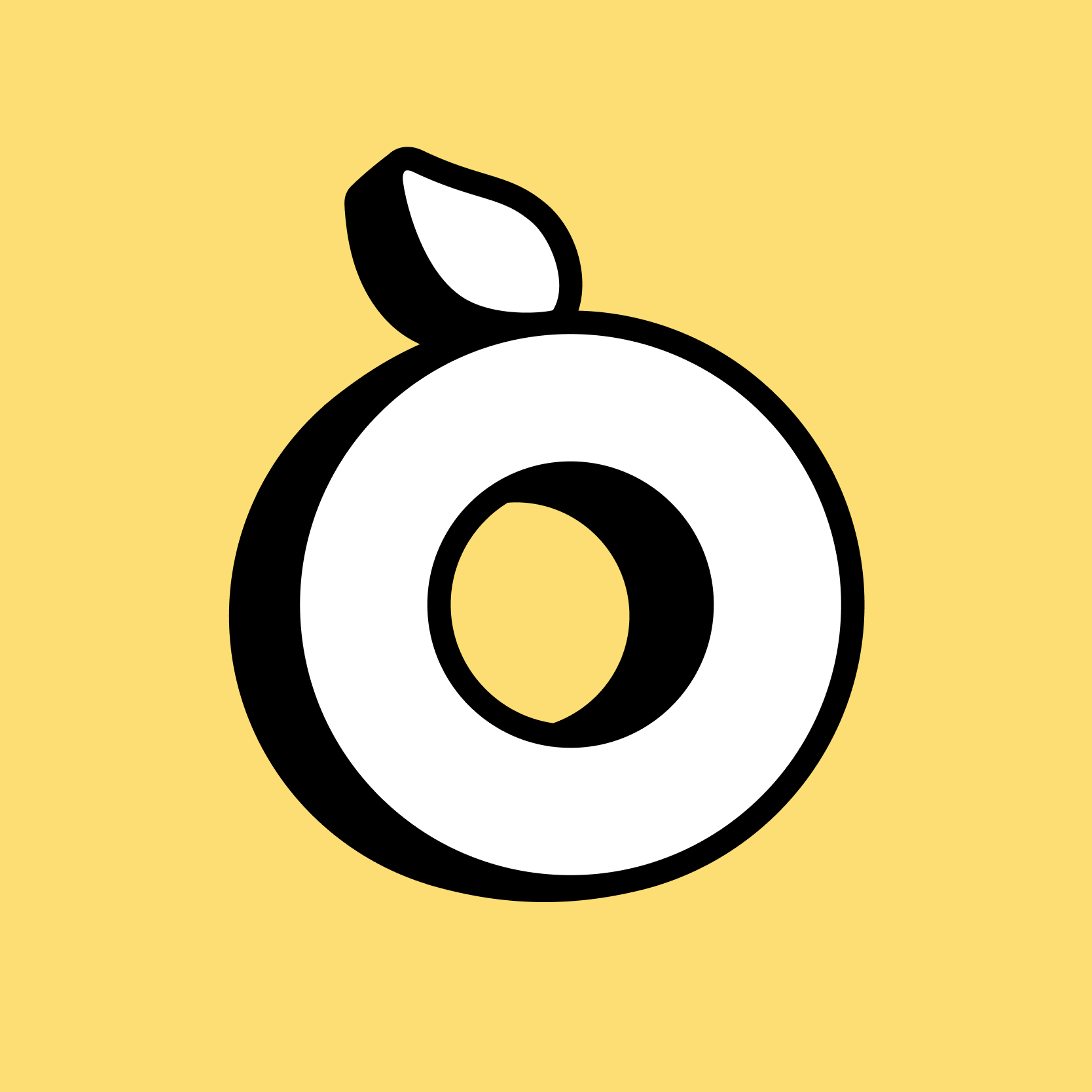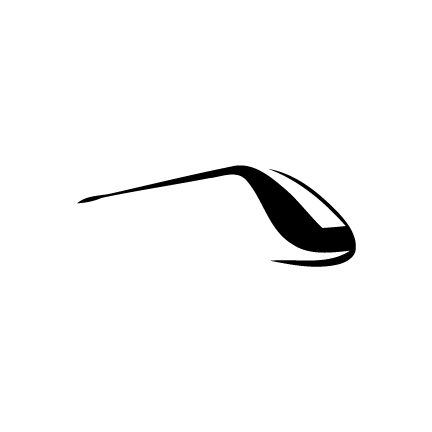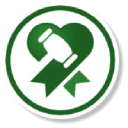published: 03 Apr 2020
3 min read | website: www.ebr.com.au
Panel interviews can be particularly intimidating to some interviewees as they are required to impress more than one interviewer, which makes preparation for panel interview slightly different. Thus, we have broken down everything you need to know about preparing for a panel interview below.
What is a panel interview?
A panel interview is defined as a recruiting process similar to a traditional one on one interview. However, this time, it involves an applicant being assessed by multiple recruiters at once instead of one. Companies who choose to conduct panel interviews often do it because they value the idea of having multiple perspectives on a candidate, which can help refine their final choice.
How can I prepare for a panel interview?
Focus on body language
Body language is highly important for most types of interviews, but particularly for panel interviews. This is because you need to converse to multiple interviewers at a time, so you need to be able to show interest and engagement with all recruiters. Additionally, while you may be answering to one particular interviewer, the others may take the opportunity to assess your body language instead of your answer. Thus, try to practice your body language. This can be done by maintaining eye contact with the recruiters, having an attentive body posture (leaning forward slightly or sitting up straight instead of slouching), smiling and being open (not crossing your arms or legs).
Be prepared for each person
Showcase your awareness and leave a good impression by learning the names of all of your interviewers and bringing in a copy of your resume and any other documents for each of them. This is possibly the easiest way to show your attentiveness and preparation, and it will almost certainly leave a good first impression. Even better is if you are able to bring in extra copies just in case someone else joins. Then, at the end of the interview, make sure you thank each interviewer with a handshake.
Take down notes
If there is going to be multiple people judging you, then there may be that many times more information given to you. This means that it can become easy to lose track of information and hence become confused. So bring in a notepad if acceptable, and take down important notes for you to refer back to later in the interview. You can refer back to a point that an interviewer made earlier when you want to ask a question or to add onto a discussion.

Are we missing something? Help us improve this article. Reach out to us.
